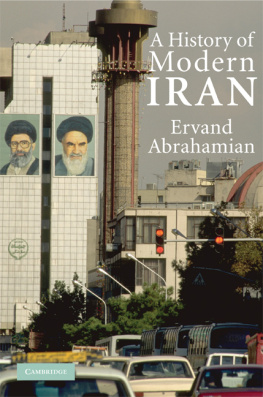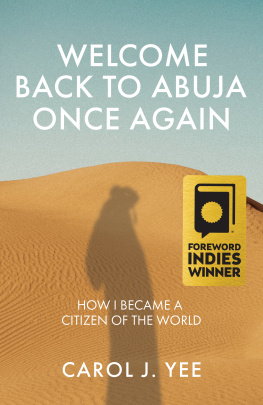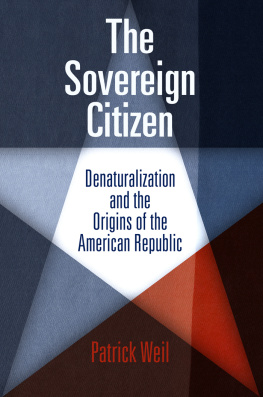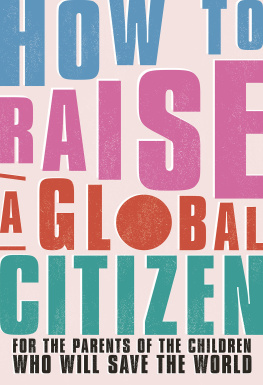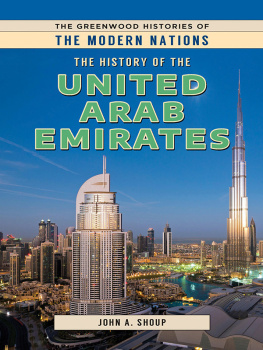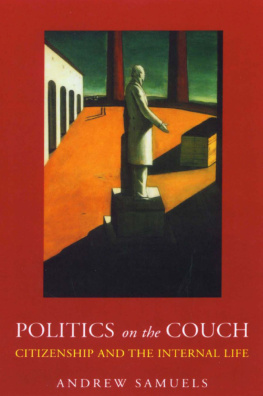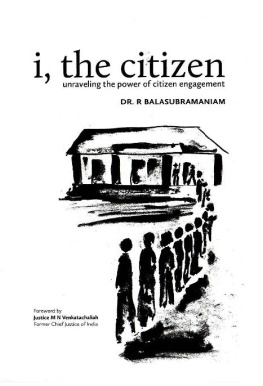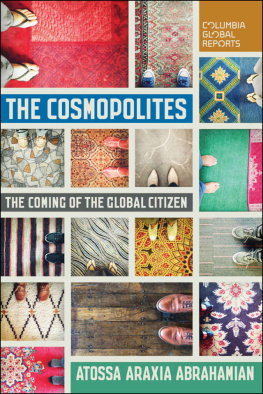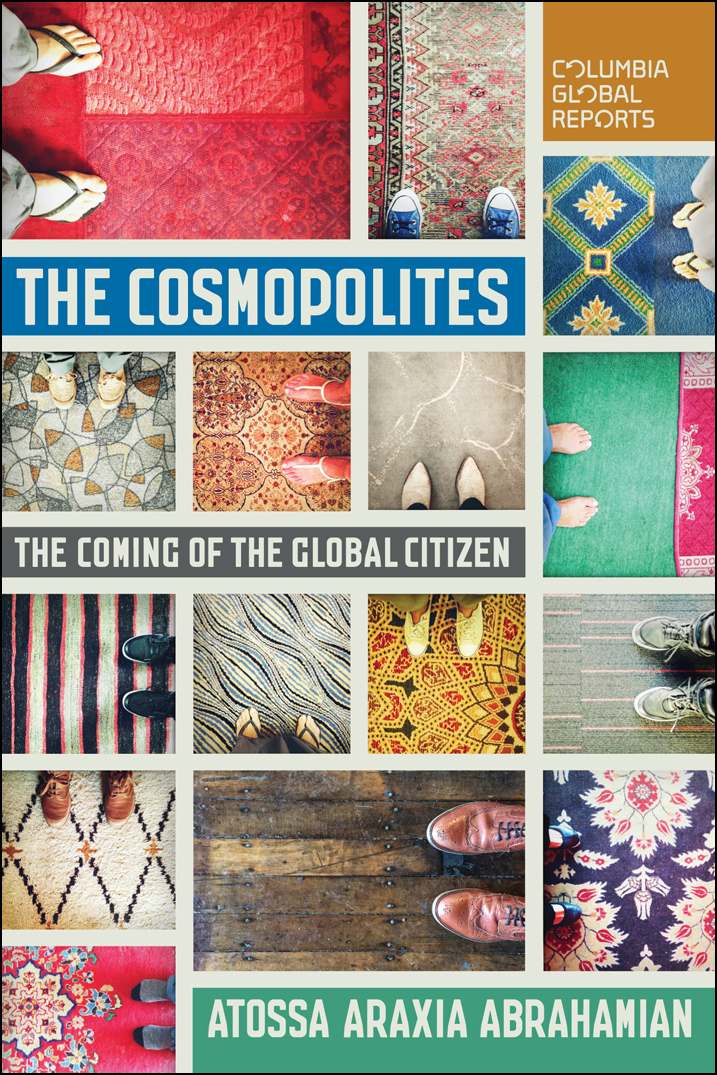


The Cosmopolites: The Coming of the Global Citizen
Copyright 2015 by Atossa Araxia Abrahamian
All rights reserved
Published by Columbia Global Reports
91 Claremont Avenue, Suite 515, New York, NY 10027
www.globalreports.columbia.edu
facebook.com/columbiaglobalreports
Library of Congress Control Number: 2015946813
ISBN: 978-0-9909763-7-0
Book design by Strick&Williams
Map design by Jeffrey L. Ward
Author photograph by Victor Jeffreys II
CONTENTS
Guide
So many stories begin with borders.
I was brought up with no sense of a motherland or fatherland, no pledges of allegiance, no flags with which I identified. Im a citizen of Switzerland, where I was raised; Canada, where I was born while my mother was on vacation; and Iran, where my parents of Russian and Armenian descent lived before leaving to study in Europe. I speak fluent French, bad German, and passable Russian; I travel as much as I can; and I have spent most of my life thus far attending international schools and universities, most recently in New York City, where Ive lived for the greater part of the past decade. Most of the people I grew up around were United Nations employees and their families. Everyone, it seemed, was international. So the notion of belonging not to a particular country or community, but to the greater world, was an intuitive one to me. Every holiday season at my Geneva elementary school, we were even coached to dress up in various national costumes and sing We Are the World for our beaming, multicultural families. During my first such performance, when I was four years old, I had a meltdown because I couldnt tell my teacher what countrys garb to dress me in.
I recognize my blind inheritance of an international upbringing, of bumping into acquaintances at airports, of always having someone to call on during an unexpected layover. But this condition comes with some challenges, both personal and political. The historian Tony Judt wrote that the Palestinian theorist Edward Said
tellingly observed just a few months before his death, I still have not been able to understand what it means to love a country. That, of course, is the characteristic condition of the rootless cosmopolitan. It is not very comfortable or safe to be without a country to love: It can bring down upon your head the anxious hostility of those for whom such rootlessness suggests a corrosive independence of spirit. But it is liberating: The world you look out upon may not be as reassuring as the vista enjoyed by patriots and nationalists, but you see further. As Said wrote in 1993, I have no patience with the position that we should only or mainly be concerned with what is ours.
This discomfort with the national we is one that Iand, as Ive learned, countless othersshare with him, regardless of our origins. Increasingly, ours is a world of stateless natives and citizen-strangers; of undocumented immigrants who know no land other than the one that rejects them; of men and women of the world with no fixed place to call home. More than ever, people want or need to belong to, or be accepted in, places they were not assigned to by the accident of birth, whether for economic, personal, or political reasons: the farm worker from Mexico who looks to California for seasonal employment; the boats of Syrian refugees who drown escaping violence on their way to Europe; the Chinese billionaire who invests in foreign stocks and educates his kids in Canada; the Irishman in love with a Singaporean girl, kept apart because of artificial borders set by historical accident.
The cosmopolitan idea that Edward Said embodied is itself a kind of historical accident. It emerged in the West after the Peloponnesian Warostensibly a defeat for Athens, but, more importantly, a fatal blow to the international order over which the city-state had presided. In the following century, Greeces best political minds set themselves to picking up the pieces. Lamenting the incompetence of democracy, Plato imagined a city-state ruled by philosopher-kings, and his star student, Aristotle, surveyed hundreds of cities and proposed a mixed constitution combining the best elements of each. But as Greeces city-states languished and new powers arose, these proposed fixes seemed ever more out of date. The golden age of the polis wasnt coming back.
Into this intellectual clearing stepped a man in a barrel. Diogenes of Sinope was the Wests first conscientious objector, a man who thought the customs and rules of the city, any city, had rotted beyond hope. The lifestyle he chosedrinking and debating all day, urinating openly, sleeping in a wine-barrelwon him the nickname of kunos, the dog. His school took up the label proudly, calling themselves Cynics, and when respectable people asked Diogenes what city was his home, he replied, I am a kosmopolites: a citizen of the universe.
Diogenes did not come to reinvent politics but to end them. As the classicist Melissa Lane explains, Diogenes declared himself a kosmopolites as a way of declaring himself to be no polites, no citizen, at all. This rejection of all politics and politicians was as seductive then as it is today: When Alexander the Great offered a naked, sun-bathing Diogenes any favor he desired, he asked only that the young prince quit blocking the sun.
The Cynics were not the only, or even the most influential, promoters of the new cosmopolitan idea. A generation after Diogenes, a young intellectual firebrand named Zeno of Citium set up shop in the very heart of Athens, in a strip-mall colonnade called the Stoa. The school he founded, known as the Stoics, would be the most influential source of ideas for the next ten centuries in the West. They disagreed with Plato and Aristotle and agreed with the Cynics that the city-state was over; but whereas Diogenes had tossed citizenship to the merry dirt, the Stoics exalted it. All men on earth, they contended, share in the logos, the divine reason of the gods. The world must be governed not by local custom but by the reason that unites all mankind and binds together the universe. And thus, in versions high and low, transcendent and cynical, the cosmopolitan idea came to be.
The Romans put these Greek ideas into practice, and their vast empire was sustained on the notion of universal order and natural law that the Stoics had propounded. Even after antiquity ended and the world city ceased to rule an empire, Latin language, Christian church, and Roman legal codes were the essential common currency of the West. Only when the rupture in Christian unity led to another total war between Catholics and Protestants in the sixteenth century did the space open for a new organizing principle: a system of sovereign nation-states, embodied most famously in the Treaty of Westphalia in 1648. The Westphalian system is, for better or worse, the one in which we all livethe one which issues passports and grants equal sovereign rights to France and Kuwait and the Comoro Islands. Since 1945 it has kept the worlds chief powers from another total war. But as history shows, the nation-state system was neither humanitys first conception of citizenship, nor will it be the last.


